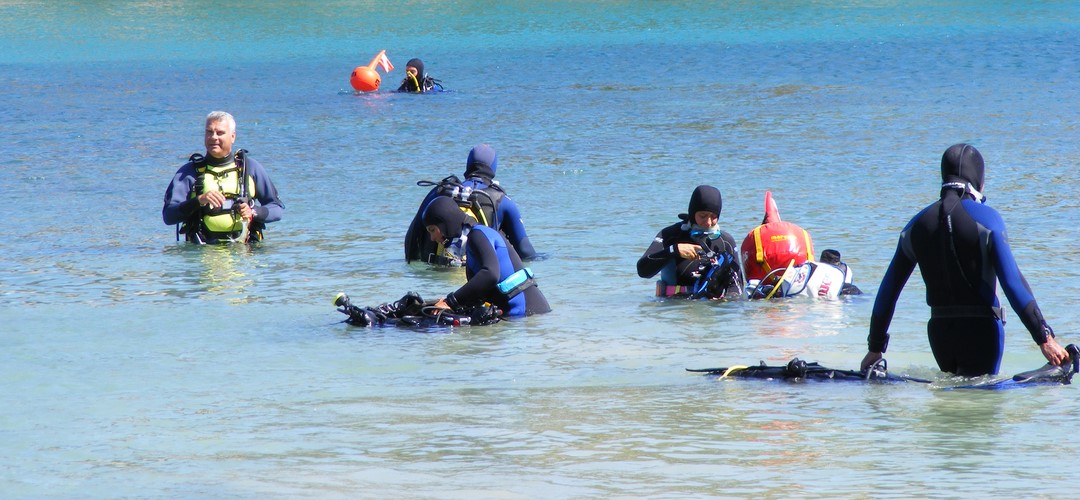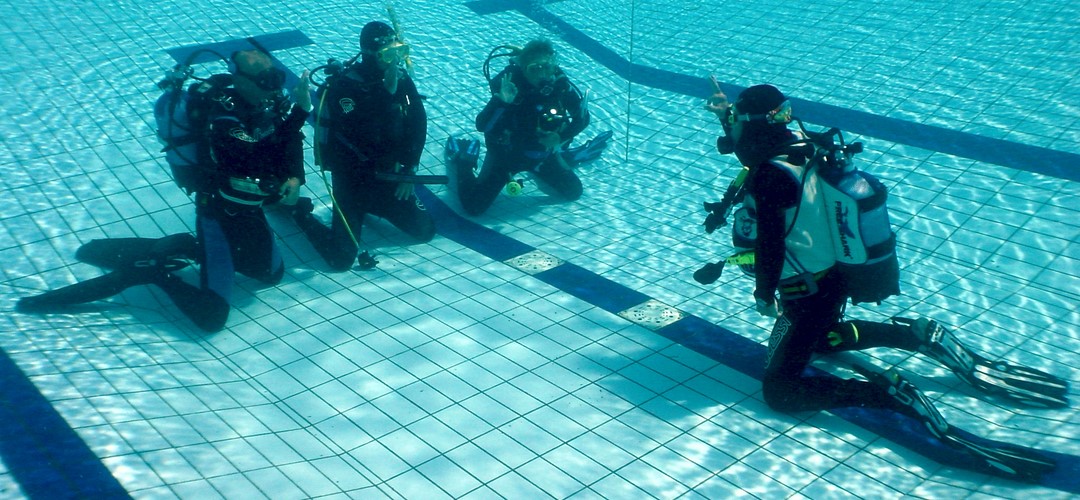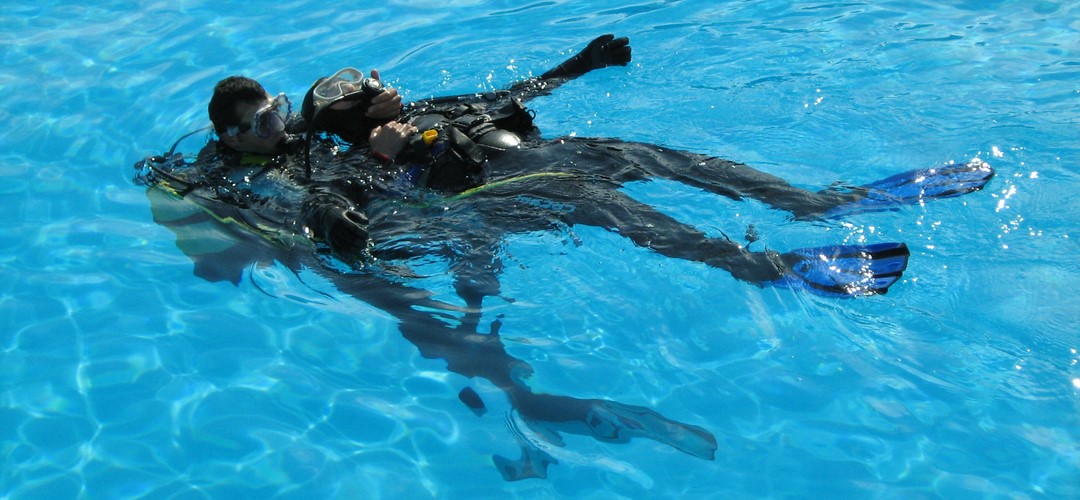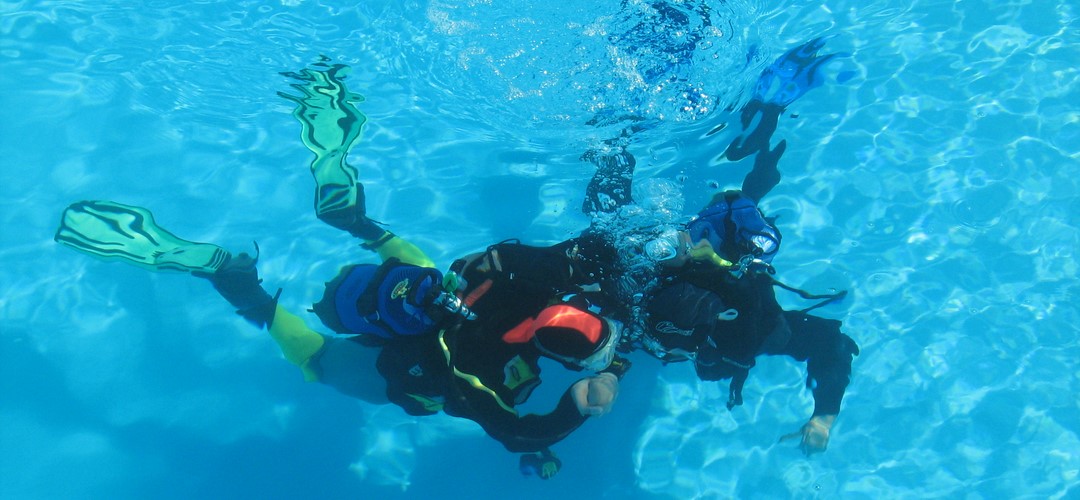Recreational Scuba Training Council Europe
The diving market trends
While the diving industry in Europe is a well-developed market, there is significantly higher growth in diving certifications in Eastern Europe. The trend for ecologically-oriented travellers has become clear, which has proven particularly appealing to younger consumers.
Divers are often described as being of two common types, the “holiday diver” and the “frequent diver”. The first group dives predominantly on holiday and they buy appropriate diving equipment, such as lightweight wetsuits for warm water diving and underwater cameras. They often do not purchase heavier items such as cylinders and weight belts, preferring to hire these at their destination. The “frequent divers” usually gradually buy all items of equipment. A relatively recent new group has also emerged: “technical divers”, who take part in the most demanding and adventurous type of diving and frequently spend much more money on the necessary additional equipment needed.
Many divers have non-diving family members that go to diving locations with them, so it is important that other options are available as entertainment for them, and that child-care services are provided where need be.
Recognising the growing interest in eco-tourism, RSTC Europe was involved in the creation of two ISO Standards defining best practices in the diving industry:
ISO 21416: Requirements and guidance on environmentally sustainable practices in recreational diving
ISO 21417: Requirements for training on environmental awareness for recreational divers
Divers are often described as being of two common types, the “holiday diver” and the “frequent diver”. The first group dives predominantly on holiday and they buy appropriate diving equipment, such as lightweight wetsuits for warm water diving and underwater cameras. They often do not purchase heavier items such as cylinders and weight belts, preferring to hire these at their destination. The “frequent divers” usually gradually buy all items of equipment. A relatively recent new group has also emerged: “technical divers”, who take part in the most demanding and adventurous type of diving and frequently spend much more money on the necessary additional equipment needed.
Many divers have non-diving family members that go to diving locations with them, so it is important that other options are available as entertainment for them, and that child-care services are provided where need be.
Recognising the growing interest in eco-tourism, RSTC Europe was involved in the creation of two ISO Standards defining best practices in the diving industry:
ISO 21416: Requirements and guidance on environmentally sustainable practices in recreational diving
ISO 21417: Requirements for training on environmental awareness for recreational divers






